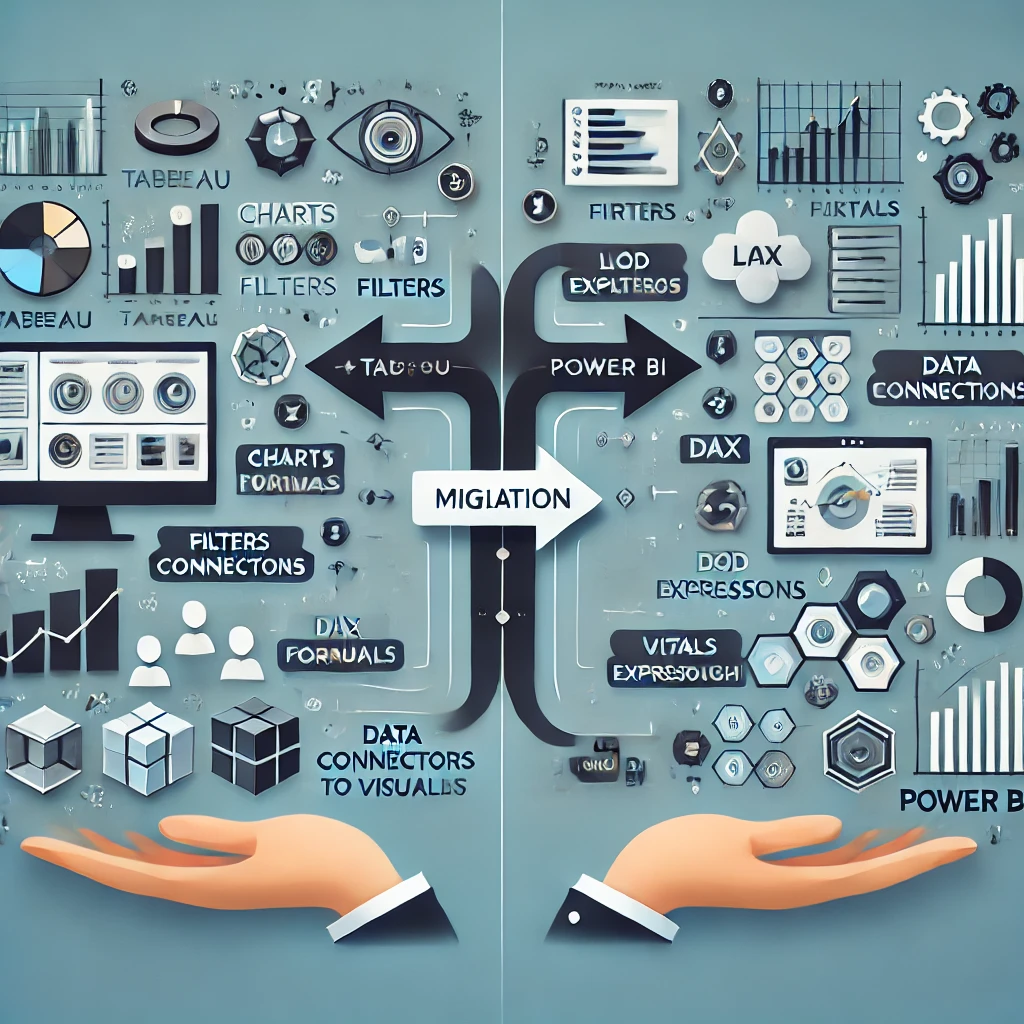RPA Vs ERP
RPA (Robotic Process Automation) and ERP (Enterprise Resource Planning) are two different technologies that are used in businesses to increase efficiency and streamline processes. In this blog post, we will compare RPA and ERP to help you understand their differences and applications.
What is RPA?
RPA is a software technology that allows businesses to automate repetitive and rule-based tasks. RPA bots mimic human actions and can perform tasks such as data entry, invoice processing, and report generation. RPA can work with various applications, including desktop applications, web applications, and Citrix environments.
What is ERP?
ERP is a software technology that allows businesses to manage their operations through a centralized system. ERP systems integrate different business functions, such as finance, sales, human resources, and supply chain management, into a single platform. ERP systems provide businesses with real-time data and insights that help them make informed decisions.
http://informationarray.com/2023/08/02/rpa-vs-rda/
Comparison Table: RPA vs ERP
| Criteria | RPA | ERP |
| Purpose | Automates repetitive tasks | Manages business operations |
| Application | Desktop applications, web applications, Citrix environments | Centralized software platform |
| Programming | Drag and drop, visual programming, scripting | Programming languages |
| Skill level | Requires minimal programming skills | Requires programming expertise |
| Accuracy | High | High |
| Scalability | Highly scalable | Highly scalable |
| Cost | Expensive | Varies from expensive to very expensive |
| Time to market | Shorter | Longer |
Example Scenarios
Let’s take a look at some scenarios where RPA or ERP would be the better choice:
- Invoice processing: RPA would be a better choice for automating invoice processing tasks because it can handle complex workflows and work with various applications. ERP can also handle invoice processing, but it may require customization to meet specific business needs.
- Supply chain management: ERP would be a better choice for managing the supply chain because it can provide businesses with real-time data and insights that help them optimize their operations. RPA can also be used to automate certain tasks in supply chain management, such as order tracking and data entry.
- Financial reporting: ERP would be a better choice for financial reporting because it can integrate financial data from different departments and provide businesses with accurate financial reports. RPA can also be used to automate certain tasks in financial reporting, such as data entry and report generation.
Both RPA and ERP are powerful technologies that can help businesses improve their efficiency and reduce costs. RPA is best suited for automating repetitive tasks that involve multiple applications, while ERP is best suited for managing business operations through a centralized platform. Choosing the right technology depends on your business needs, skill level, and budget. If you need to automate certain tasks or processes, RPA may be the better choice. However, if you need to manage your business operations through a centralized platform, ERP may be the better choice.









